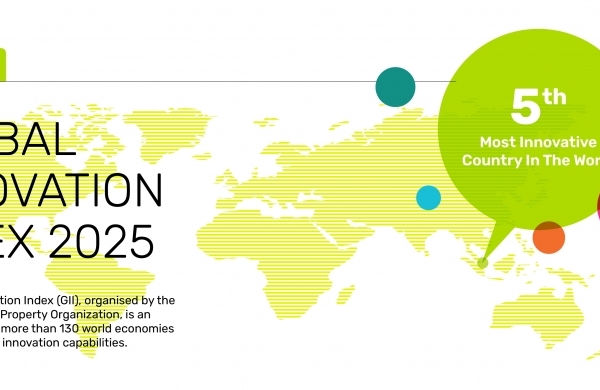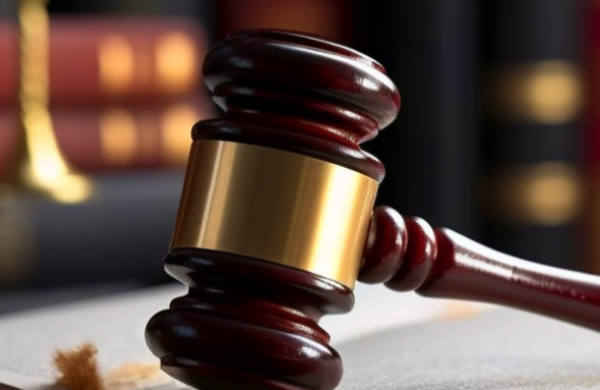Did not receive verification mail? Please confirm whether the mailbox is correct or not Re send mail

IPR Daily
- 2023-12-18 13:55:36
Does Failure to Investigate Amount to Copyright Infringement Authorisation? High Court has Final Say
the person’s power to prevent the act of infringement;
the relationship between that person and the infringer; and
whether the person took any reasonable steps to prevent or avoid the doing of the act.
Biggin & Scott provided express instructions not to infringe any copyright in developing Toolbox;
Biggin & Scott obtained constant reassurances from Mr Semmens that there was no infringement occurring; and
Biggin & Scott co-operated with Campaigntrack by providing the requested undertaking that it would not infringe the copyright of Campaigntrack (implying Biggin & Scott’s trust in Mr Semmens) and providing access to allow Campaigntrack to forensically examine Toolbox.
The High Court unanimously overturned a 2022 Full Court decision[1] and found that a failure to investigate third-party allegations of copyright infringement by a contractor does not automatically amount to ‘authorisation’ of copyright infringement.
This judgment is a relief for businesses contracting software developers who infringe third-party copyright while carrying out their development work. The decision lessens obligations on business owners to proactively investigate potential allegations of copyright infringement in circumstances where they have taken reasonable steps “to prevent or avoid the infringing acts” and they have no real knowledge or suspicion of copyright infringement.[2]
In the case of the successful appellant, these steps included providing express instructions to the developers not to infringe copyright, regularly seeking assurances from the developer that they were complying with such instructions, as well as co-operating with the third-party who alleged infringement of their copyright.
Background
Biggin & Scott Corporate Pty Ltd (Biggin & Scott) engaged Mr Semmens as an independent contractor to develop software for a real estate marketing system, Toolbox. Mr Semmens infringed the copyright of Campaigntrack Pty Ltd (Campaigntrack) by reproducing the whole or parts of Campaigntrack’s software, DreamDesk.
At first instance, the primary judge found that Biggin & Scott did not authorise any infringement of copyright by Mr Semmens. However, it was held on appeal to the Full Court that Biggin & Scott authorised Mr Semmens’ infringement as it was “indifferent” to the complaints outlined in a letter Campaigntrack sent to Biggins & Scott.[3]
The Full Court found that this letter put Biggin & Scott on notice of copyright infringement and that they should have been proactive in making genuine and specific inquiries of the alleged copyright infringement[4], including questioning Mr Semmens on why he had not given Campaigntrack its requested undertakings.
Issue for determination
The issue for determination was whether the appellants had “authorised” the infringing acts within the meaning of s 36(1A) of the Copyright Act 1968 (Cth).
The central factors to consider in this determination were:
The High Court’s decision
The High Court held that the evidence did not establish that Biggin & Scott knew of or suspected Mr Semmens’ infringing acts at any time.[5]
Although Biggin & Scott had the contractual power to prevent the infringing act and the parties had a close relationship, in light of their lack of knowledge regarding the infringements and lack of expertise regarding software systems, Biggin & Scott was held to have taken reasonable steps to prevent infringement for the following reasons:
Interestingly, the High Court also considered the nature of commercial disputes. It was reasonable for Biggin & Scott to insist on proper proof of Campaigntrack’s claims and to believe that their claims were “a fishing exercise” without such proof. [6]
Therefore, the High Court refused to find that Biggin & Scott had defaulted in any duty of control by failing to take further “proactive” actions to investigate Campaigntrack’s claims.
Key takeaways and best practices
The High Court’s decision marks a shift from the position taken in the Full Court, where the Court was willing to infer authorisation when the instructing business chose not to investigate allegations of infringement by a contracted software developer after being put on notice.
This case will not provide any protection for a company that develops its own software in-house as the company will be vicariously liable for any infringing actions of its employees while they are engaged in carrying out their duties for the company. It is also clear that a company with a high level of expertise in software development will find it more difficult to argue that it did not authorise copyright infringement by a contracted developer.
This case highlights the importance of having a clearly drafted agreement with third-party software developers, specifying that software deliverables must not infringe copyright (or any IP for that matter) and, where appropriate, seeking assurance or undertakings from software developers when dealing with a credible allegation of copyright infringement.
However, the issue of authorisation remains a fact-sensitive and fact-intensive inquiry and organisations should seek appropriate legal advice when responding to third-party allegations of copyright infringement.
This article was written with the assistance of Jonathan Challis, Seasonal Clerk.
To view all formatting for this article (eg, tables, footnotes), please access the original here.
Source: lexology.com - Christine Ecob
Editor: IPR Daily-Horace
- I also said the two sentence
- Also you can enter 140words
 TOP IPR U.S. Lawyers 10 & Firms 10 Selection Officially Launched by IPR Daily
TOP IPR U.S. Lawyers 10 & Firms 10 Selection Officially Launched by IPR Daily WIPO Global Innovation Index 2025: China Enters Top 10
WIPO Global Innovation Index 2025: China Enters Top 10 Singapore ranks 5th in the 2025 Global Innovation Index; climbed two spots in Innovation Outputs
Singapore ranks 5th in the 2025 Global Innovation Index; climbed two spots in Innovation Outputs Federal Circuit lacks jurisdiction over award that doesn’t raise issue of patent law
Federal Circuit lacks jurisdiction over award that doesn’t raise issue of patent law


